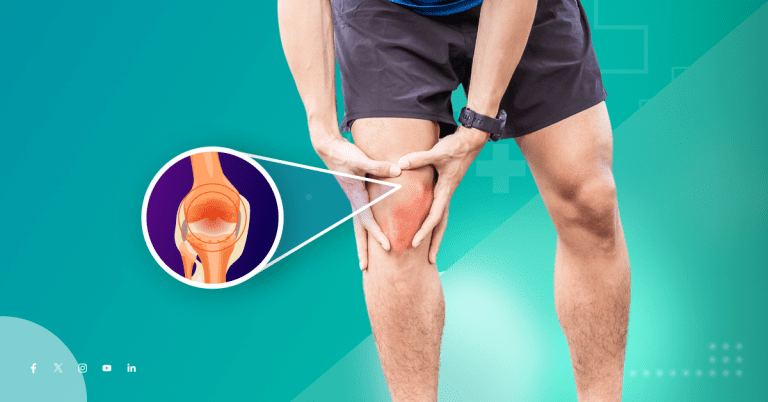Introduction
Acl surgery, or Anterior Cruciate Ligament surgery, is a medical procedure designed to repair a crucial ligament in the knee. This article delves into the intricacies of ACL surgery, shedding light on the process, its significance, and what individuals can expect on their road to recovery.
Understanding ACL Injuries
The knee is a complex joint, and the Anterior Cruciate Ligament plays a pivotal role in maintaining stability. Understanding the anatomy of the knee is crucial to comprehend how ACL injuries occur, often resulting from sudden twists, pivots, or direct impacts.
The Need for ACL Surgery
While some ACL injuries can be managed with conservative treatments, there comes a point when surgical intervention becomes necessary. This section explores the indicators that suggest surgery is the optimal solution and the impact of living with an untreated ACL injury.
Preparation for ACL Surgery
Before undergoing ACL surgery, individuals go through a meticulous preparation phase. This involves consultations with orthopedic specialists, thorough assessments, and discussions about the type of graft to be used during the surgery.
Types of ACL Surgeries
ACL surgeries come in various forms, primarily classified as autografts or allografts. The article elaborates on the key differences between these approaches and the surgical techniques employed to reconstruct the damaged ligament.
The Surgery Day
On the day of the surgery, patients are administered anesthesia, and a precise incision is made to access the knee joint. The duration of the procedure varies, and this section provides insights into what happens during ACL surgery.
Post-Operative Care
Immediate recovery after ACL surgery involves careful monitoring and adherence to rehabilitation protocols. This section outlines the crucial aspects of post-operative care, including initial recovery milestones and the importance of rehabilitation exercises.
Challenges and Risks
Despite advancements in medical technology, ACL surgery is not without challenges and risks. Potential complications are discussed, along with strategies for managing post-surgery pain effectively.
Success Rates and Outcomes
The success of ACL surgery depends on various factors. This section explores the elements that influence positive outcomes, including patient commitment to rehabilitation and the timeline for returning to normal activities.
Patient Testimonials
Real-life experiences provide valuable insights into the challenges and triumphs of ACL surgery recovery. This section shares testimonials from individuals who have undergone the procedure, offering a glimpse into their journey.
The Role of Physical Therapy
Physical therapy plays a crucial role in the recovery process post-ACL surgery. The article delves into the importance of tailored rehabilitation plans and how they contribute to a successful recovery.
Preventing Future Injuries
Beyond the surgery itself, individuals are advised on lifestyle changes and protective measures to prevent future ACL injuries. This section emphasizes the proactive steps individuals can take to safeguard their knee health.
Common Myths about ACL Surgery
Dispelling misconceptions is essential in providing individuals with realistic expectations. This section addresses common myths surrounding ACL surgery, offering clarity on what to anticipate during and after the procedure.
Costs and Insurance
Financial considerations are a significant aspect of ACL surgery. This section provides insights into the costs associated with the procedure, including potential insurance coverage and other financial planning considerations.
Conclusion
In conclusion, ACL surgery is a transformative journey towards recovery and restored knee function. This article has provided a comprehensive guide, covering everything from the initial understanding of ACL injuries to the post-operative care and beyond.
FAQs
- How long does ACL surgery typically take?
- ACL surgery duration varies but usually takes around 1-2 hours.
- Is ACL surgery painful?
- Post-operative pain is managed with medications, and the level of discomfort varies among individuals.
- When can I return to normal activities after ACL surgery?
- Return to normal activities depends on the individual’s progress, but it typically takes several months.
- Are there non-surgical alternatives for ACL injuries?
- Some ACL injuries can be managed with physical therapy and lifestyle modifications, but not all cases.
- How effective is ACL surgery in preventing future injuries?
- While ACL surgery significantly improves knee stability, preventive measures are crucial to avoid future injuries.










